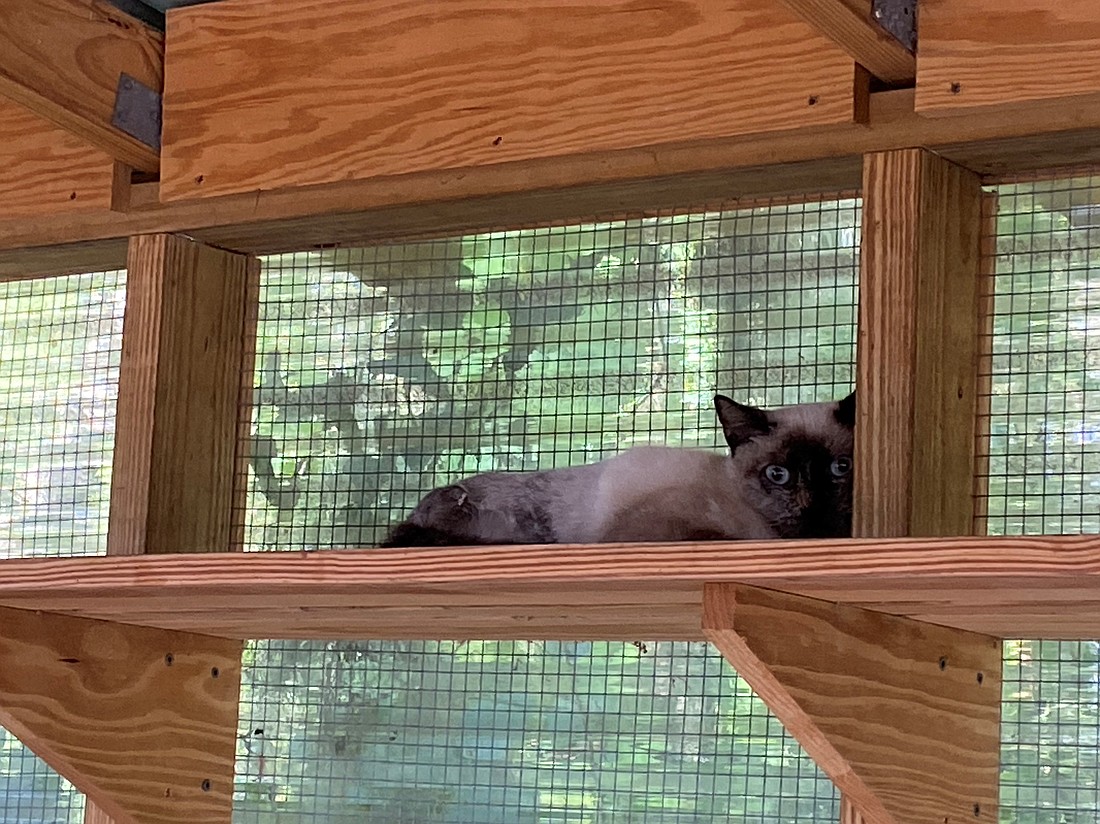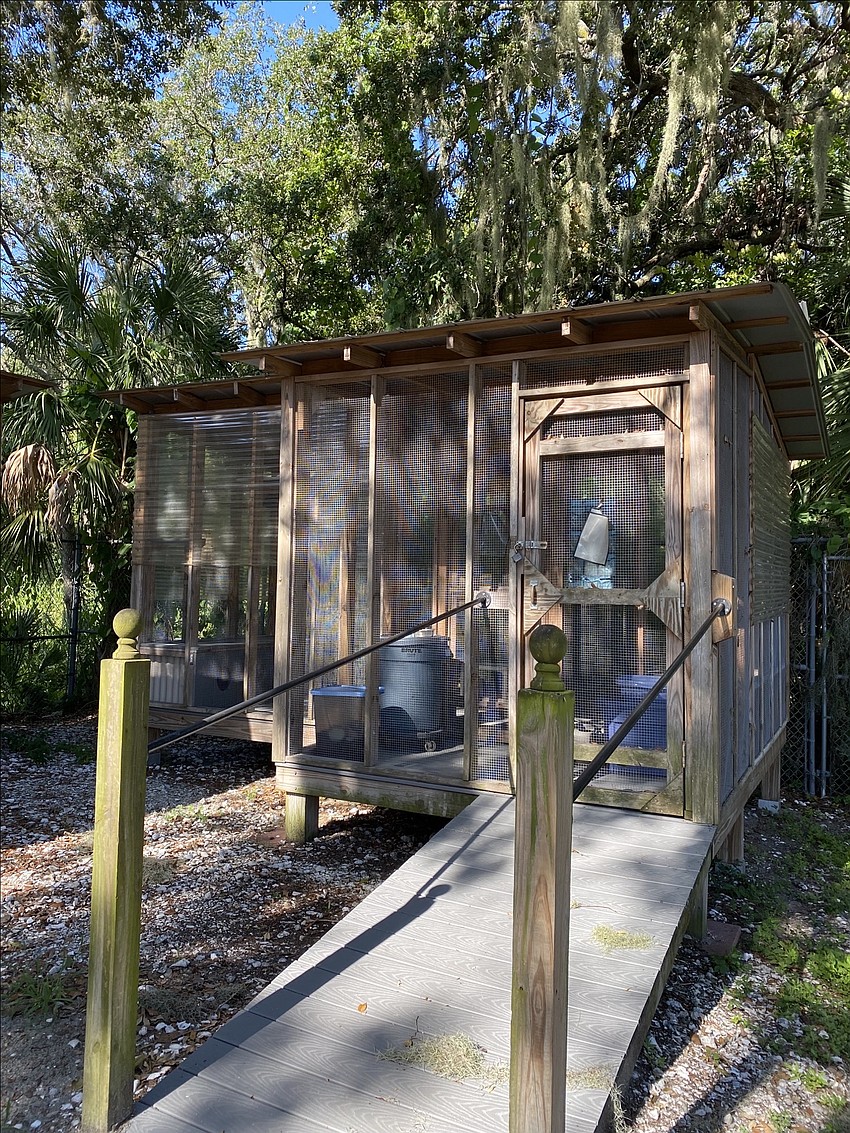- November 24, 2024
-
-
Loading

Loading

Cats are most often adopted as companions, but in Manatee County, some cats are adopted and put to work.
These aren’t therapy cats, they’re rodent wranglers.
“A working cat is a type of domestic cat that works for its upkeep by deterring vermin,” Animal Service Division Chief Sarah Brown said. “They are commonly employed where pest control is needed: Farms, factories, warehouses, stores, churchyards and private property.”
The program started in 2019 after an influx of community cats — both feral and stray cats — ended up in the county’s shelter. Unlike the Trap Neuter Return program, where cats are taken and returned to the same place, these cats had no return addresses.
Brown said the department doesn’t have an estimate on how many community cats are living in Manatee County, but over 100 have been put to work since the program started.
Cats who have a return address but are found in poor condition also are put to work when and if they’re healthy enough.
Currently, there’s a waiting list to adopt. Any individual or business in need of pest control is eligible to adopt if able to provide food, water, shelter and veterinary care as needed.

But don’t go buying a fluffy cat bed to place by the bedroom window. These cats need an outside structure like a barn or shed to escape bad weather.
“The shelter does not adopt out cats as working cats if they are suitable to be household companions,” Brown said.
There are three identifying behaviors that deem a cat a worker over a companion: Cats who are too feisty with people, cats who are shy or fearful of people, and cats whose litter box habits make them unsuitable to live indoors.
If a cat is deemed anti-social but healthy, it’s moved to one of the catios at the Animal Welfare office in Palmetto while waiting for adoption.
A Siamese-mixed breed cat is currently waiting on her permanent move to the Lakewood Ranch EMS station this week. When adopting a working cat, new owners are asked to give the cats a two-week adjustment period.
While the cats will eventually roam the property looking for rodents, they should be kept enclosed within an outdoor structure or suitable crate while adjusting to their new homes and territories.
Brown said the program was designed to maintain the cats’ outdoor lifestyle and provide a service to the community. Adoptions are free.